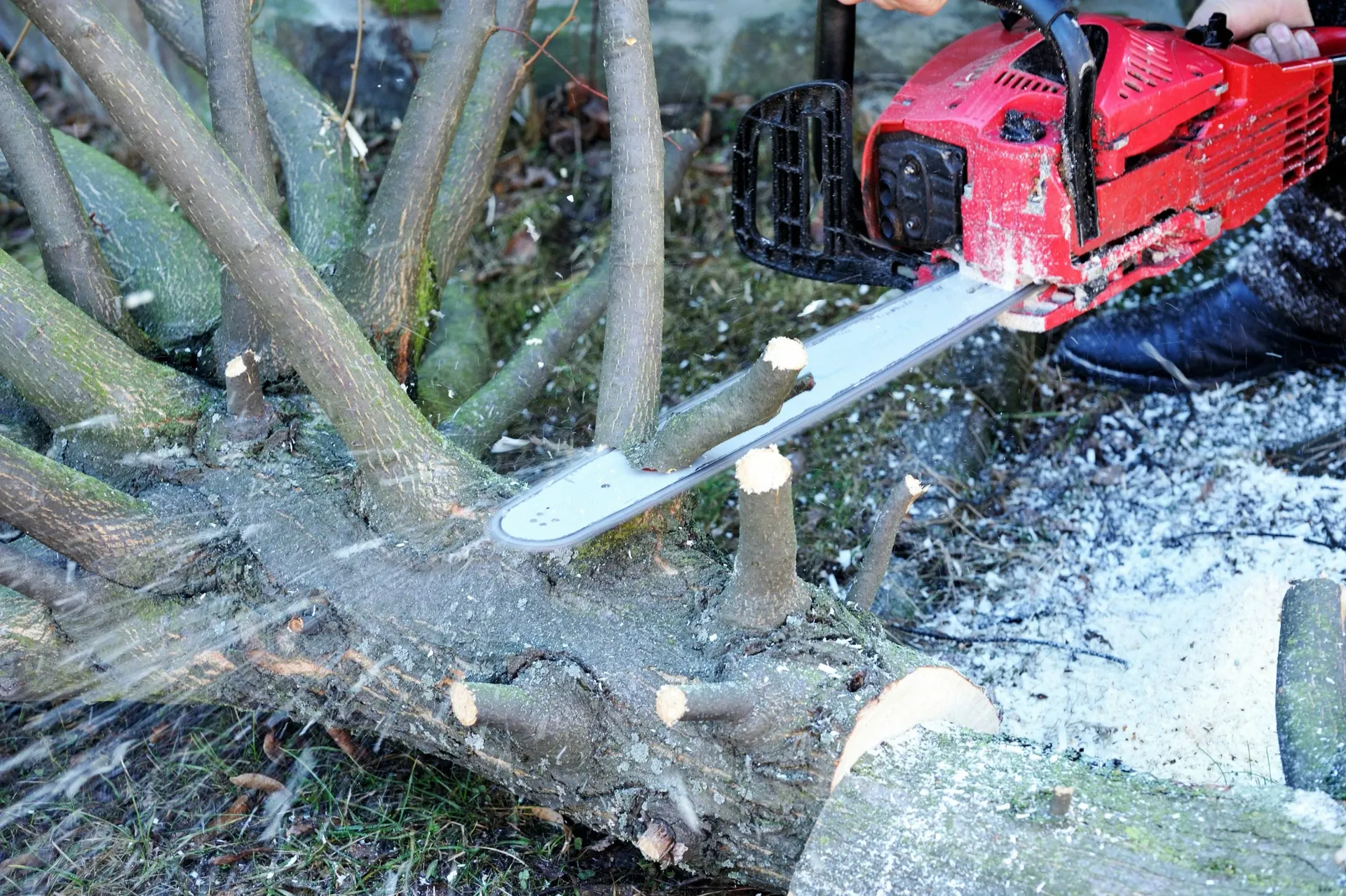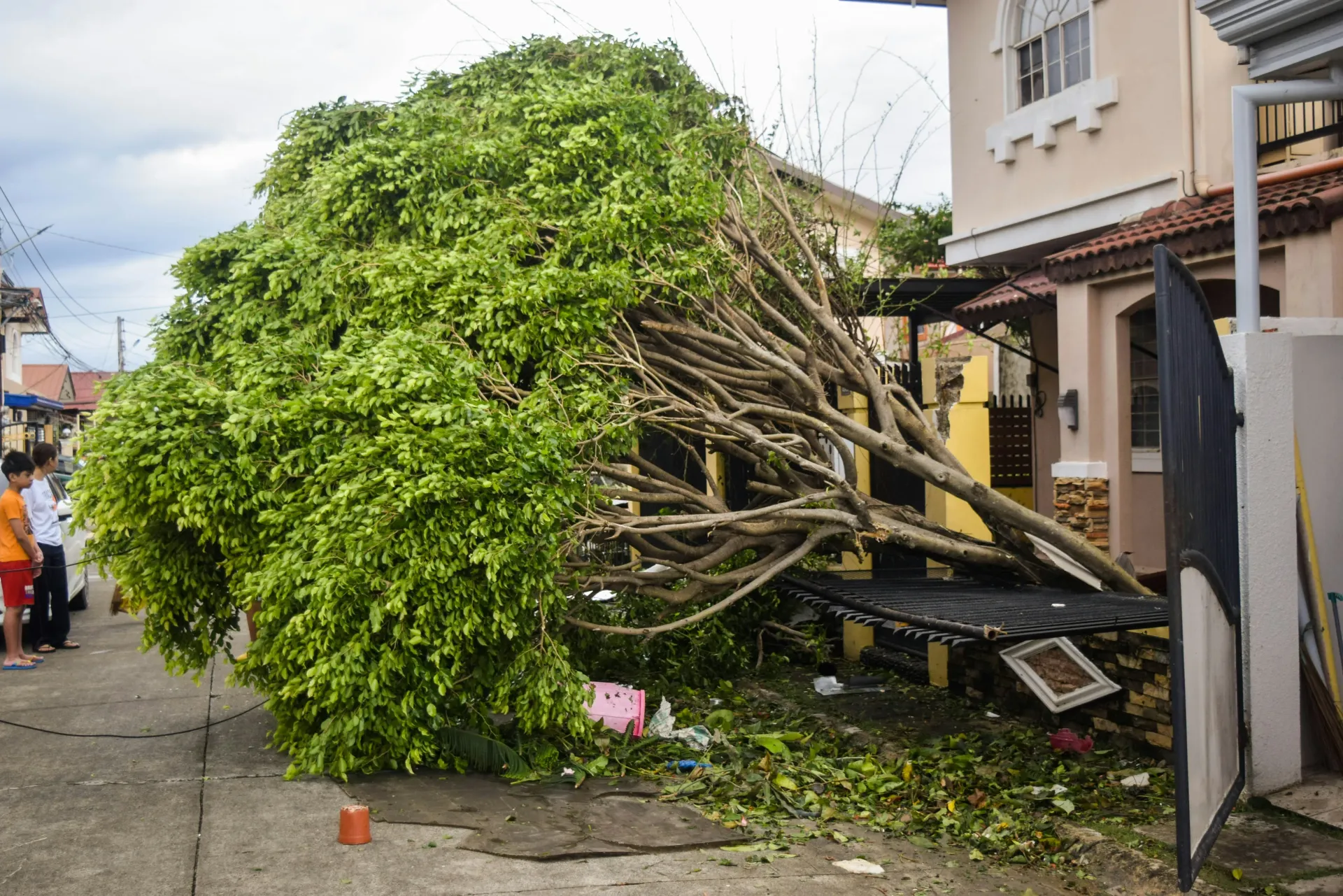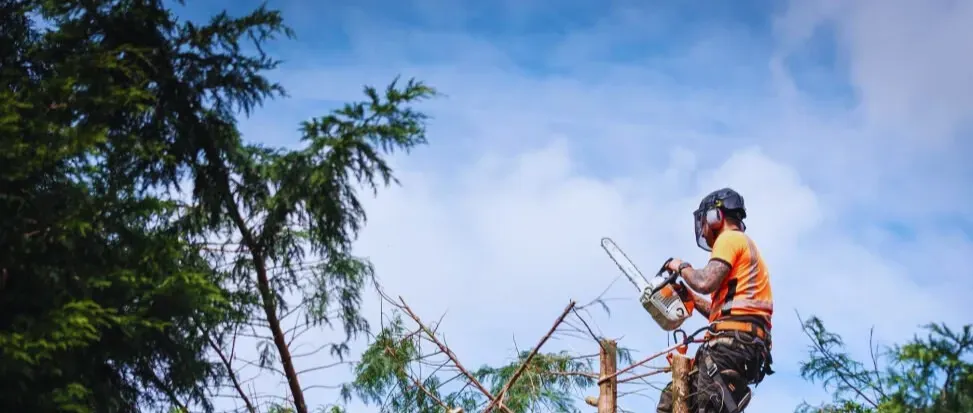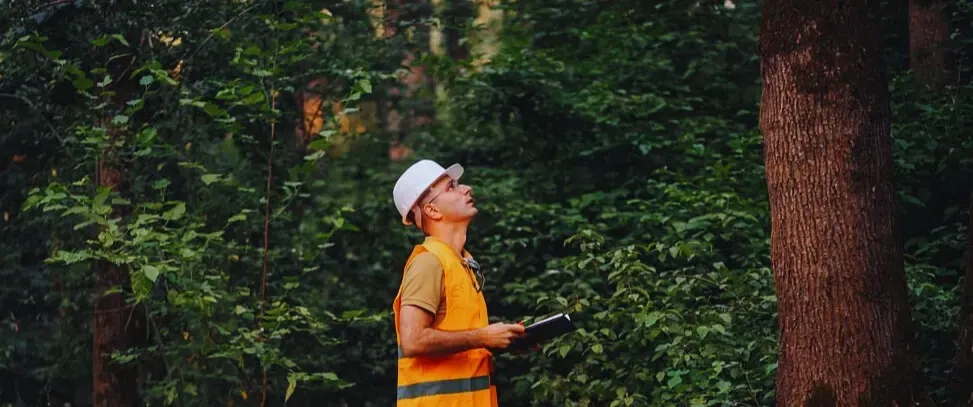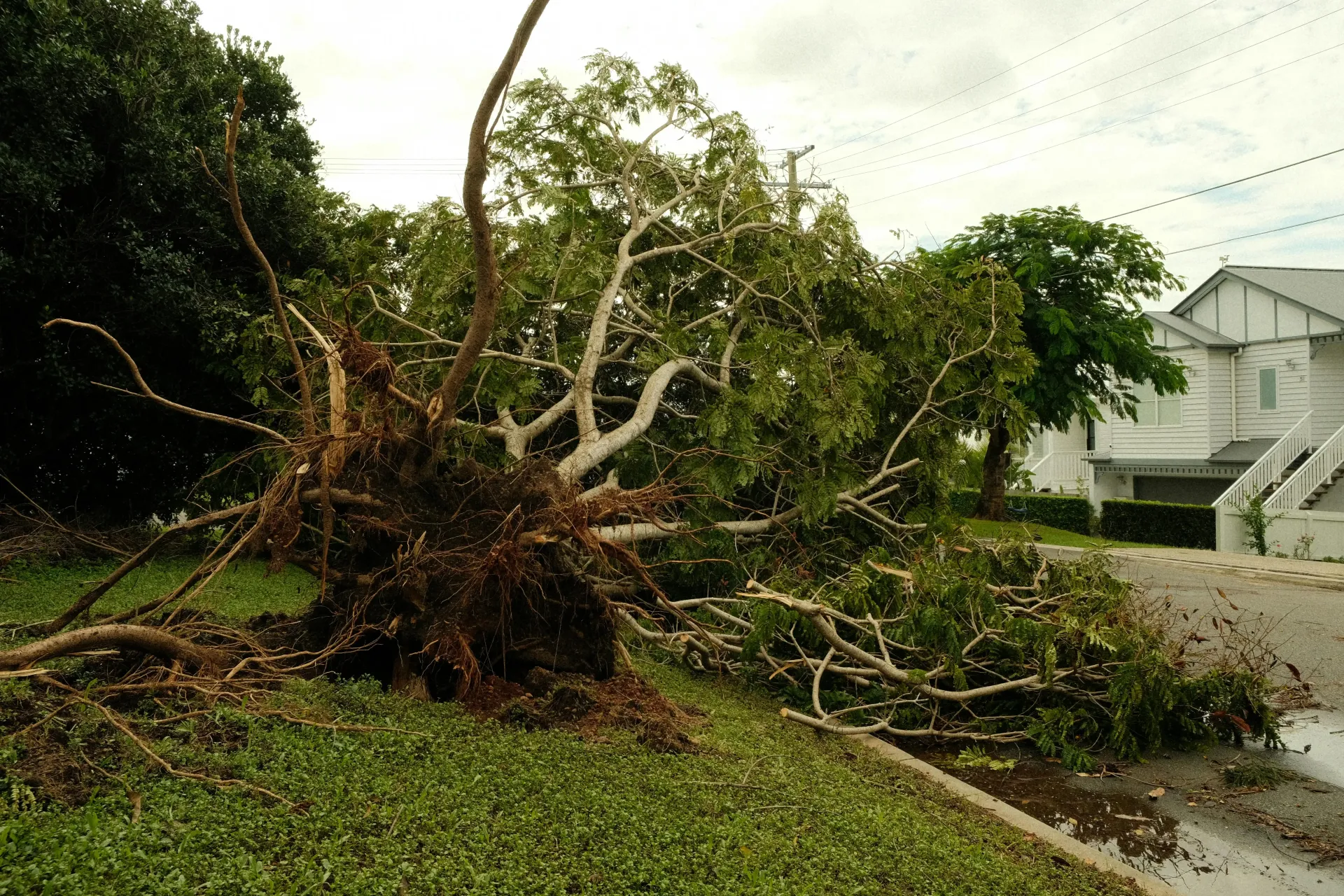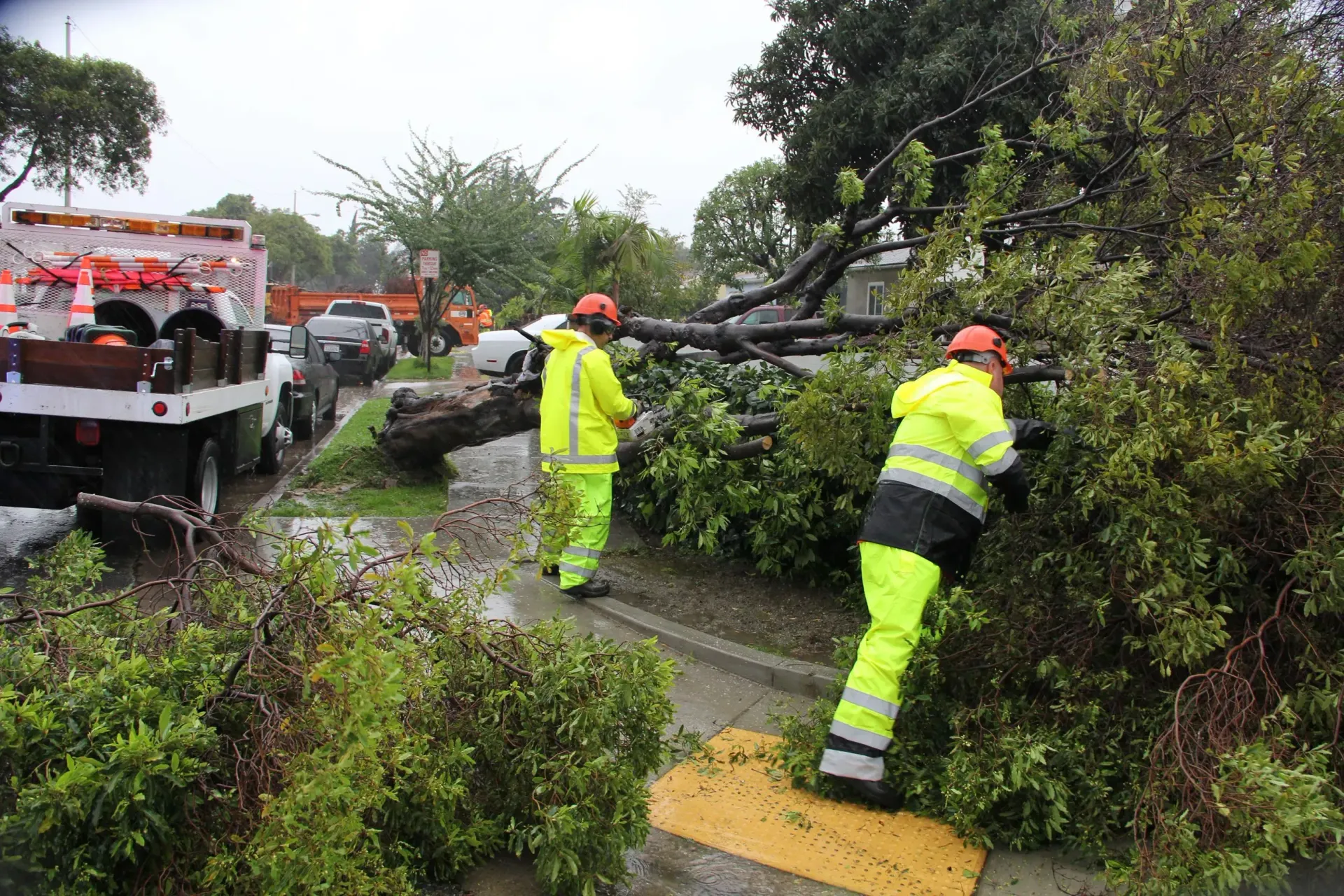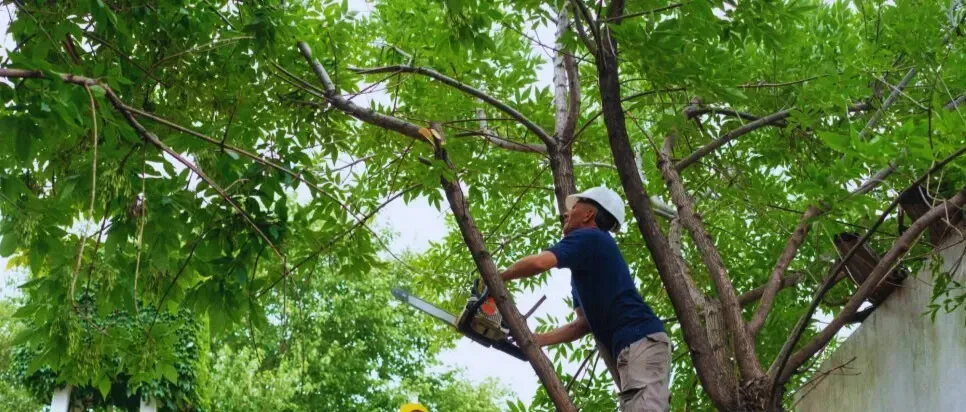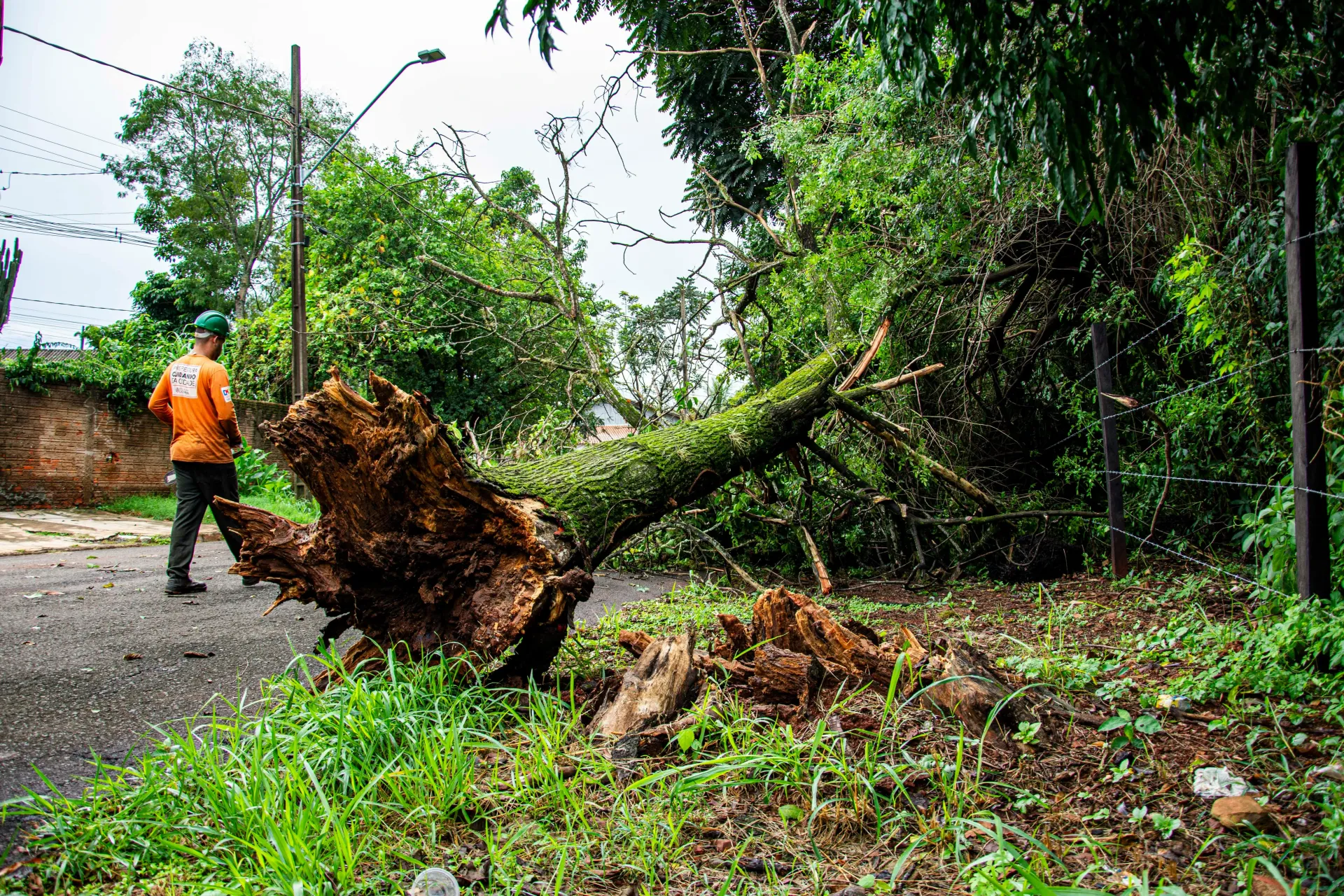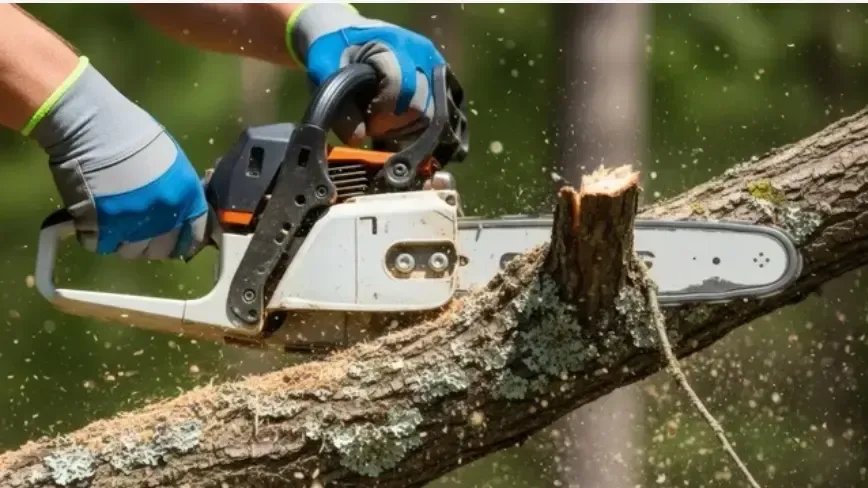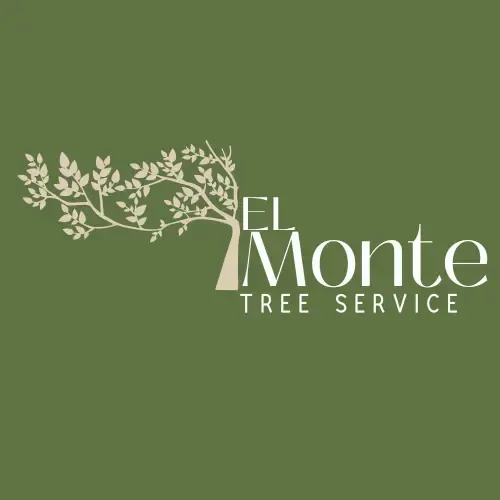Do Tree Services Need a License? What Every Smart Homeowner Should Know
Do tree services need a license? Discover the legal requirements, risks of hiring unlicensed professionals, and how to protect your home and investment the smart way
What Every Homeowner Should Know About Tree Service Licensing
When it comes to maintaining your home's safety and curb appeal, tree services are often necessary. Whether it's trimming, removal, or disease treatment, hiring a tree service might seem simple — until you realize there are legal hoops to jump through. One of the most critical, and often overlooked, questions is: do tree services need a license?
The answer isn’t just “yes” or “no.” It varies by state, city, and even the type of work being done. But here's the kicker — overlooking this detail can cost you thousands in damages or even legal fees.
So, let’s break it down for you. This article will guide you through everything you need to know, so you can make smart, safe, and informed decisions as a homeowner.
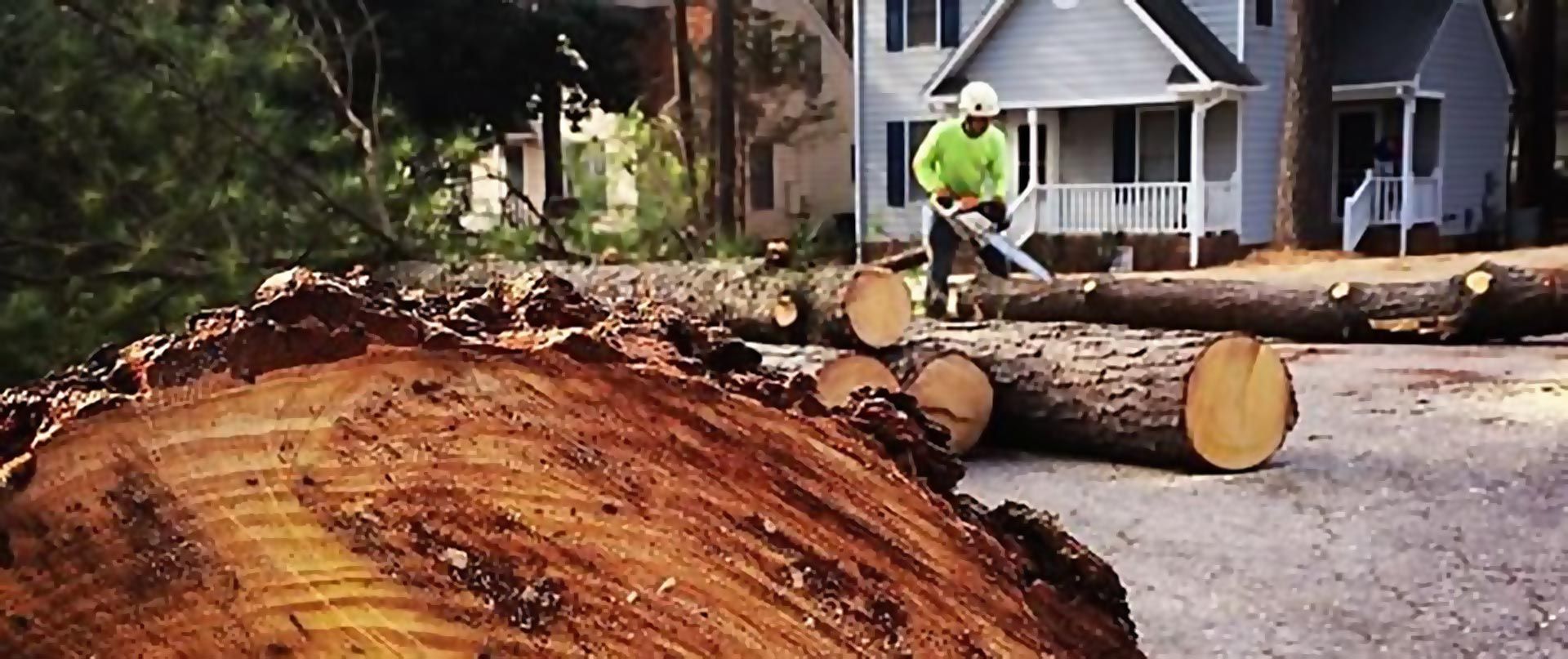
Do Tree Services Need a License?
In many areas across the U.S., tree services absolutely require a license — and for good reason. Tree work can be dangerous, not just to workers but to your property, neighbors, and even utility lines.
A licensed tree company means the business is recognized and regulated by state or local authorities, ensuring it meets minimum standards of safety, skill, and professionalism. Depending on the location, licenses may cover:
- Tree trimming and pruning
- Tree and stump removal
- Pest and disease treatment
- Emergency storm cleanup
Some states bundle these services under a general contractor’s or arborist license, while others require specific tree service certifications.
Understanding Tree Service Licensing Laws by State
Each state in the U.S. has different rules. For example:
- California: Requires a C-61/D-49 contractor’s license for tree services.
- Texas: Doesn’t require a state license, but many cities do.
- New York: Licensing is done at the city or county level.
- Florida: Requires a license only in certain counties.
So how do you know if your tree service needs a license in your area? Start with your local city website or county code enforcement office. It’s worth making a quick call to avoid future headaches.
Why Licensing Is Required in Most Areas
Licensing helps ensure the contractor:
- Is properly trained in tree care safety and science
- Carries the required insurance and worker’s compensation
- Follows local tree protection laws
- Can be held legally accountable if things go wrong
Would you let someone operate heavy machinery in your yard without being certified? Probably not. Think of a license as your safety shield.
Hidden Dangers of Hiring an Unlicensed Tree Service
An unlicensed contractor may seem cheaper, but the risks can be steep:
- Property damage with no recourse for repairs
- Injury lawsuits if workers are hurt on your property
- Violation fines from city or HOA regulations
- Low-quality work that can harm trees or structures
It's like playing Russian roulette with your backyard.
Legal and Financial Liabilities You May Face
Imagine this: You hire a cheap tree guy. He drops a limb on your neighbor’s car. He gets hurt. You’re now liable for both the damages and his medical bills because he wasn’t insured — and you didn’t check his license.
It happens more often than you think.
Hiring licensed pros protects your home legally and financially.
Credentials, Certifications, and Professional Memberships
Besides licensing, professional tree services often hold industry certifications like:
- ISA Certified Arborist: Proves deep tree biology knowledge
- TCIA Accreditation: Signifies high safety and ethical standards
- OSHA Certification: Ensures workplace safety compliance
These aren’t just shiny badges. They’re proof of expertise.
The Role of ISA Certification and Insurance
You wouldn’t go to a doctor without a license, right? The same principle applies here. ISA-certified arborists bring science-backed approaches to tree care, not just guesswork.
Plus, proper insurance coverage means if something does go wrong, you’re not left footing the bill.
How to Check Local Tree Service Regulations
Here’s a quick checklist to verify local requirements:
Step What to Do
City Website Search “Tree Permit” or “Tree Ordinance”
Call City Hall Ask about licensing requirements
Ask Your HOA Some require pre-approval for tree work
Contact Local Extension Office They offer free advice on tree care and legalities
A few minutes of research can save months of stress.
Navigating Permits and City Tree Ordinances
Some cities require permits just to trim or remove certain trees, especially protected or heritage trees.
If your tree service cuts down a tree illegally? You could be fined, not them.
A licensed company will know the laws — and pull permits for you.
Questions to Ask Before Hiring a Tree Service
Ask these before signing anything:
- Are you licensed and insured?
- Can I see proof of certifications?
- Do you offer a written estimate?
- Will you handle permits and cleanup?
- Can I speak with recent customers?
If they hesitate, move on.
Red Flags to Watch Out For in Tree Companies
Be cautious of:
- No written contract
- Pressure tactics
- No business website or physical address
- Unmarked trucks
- Demanding cash upfront
A reputable tree service will always operate transparently.

What Smart Homeowners Must Do Before Tree Work Begins
As a homeowner, do your homework:
- Get multiple quotes
- Ask for a license number and verify it
- Check reviews and testimonials
- Discuss insurance and safety protocols
Remember: it's your property — protect it.
Getting the Right Paperwork and Permits
Always make sure the contractor:
- Pulls city permits (if required)
- Has written contracts detailing scope, cost, and timeline
- Provides proof of insurance and licensing
Keep copies for your records in case of disputes.
How Licensing Impacts the Cost of Tree Services
Yes, licensed services might cost more. But that extra cost includes:
- Safety procedures
- Insurance coverage
- Legal compliance
- Certified professionals
In return, you get peace of mind.
Licensed vs. Unlicensed Contractors: A Cost Comparison
Factor Licensed Unlicensed
Cost Slightly higher Cheaper upfront
Liability Protected You're responsible
Insurance Included Often missing
Permits Managed by company You must handle
Work Quality High Inconsistent
The choice is clear: short-term savings can mean long-term losses.
Real-Life Cases Where Licensing Saved the Day
Homeowner in Georgia hired a licensed team after a storm. Their insurance paid for everything thanks to the paperwork the company provided.
Another in Arizona avoided fines when a licensed company flagged a heritage tree that required city approval.
These aren't stories — they're warnings and wins.
When Things Go Wrong: Unlicensed Work Gone Bad
One family in Florida hired an unlicensed tree trimmer. He severed a main root, killing a decades-old oak. The city fined them $5,000. The trimmer? Gone.
Don't risk your money, your property, or your peace.
Why You Should Hire a Licensed Tree Service
A licensed team has:
- Knowledge of local laws
- Proper safety equipment
- Insurance that protects you
- A reputation to uphold
When it comes to your home, don’t cut corners — call the pros who follow the rules.
Contact a Licensed Expert Today
Need tree work? Reach out to a certified, fully licensed team. You’ll get top-notch service, legal peace of mind, and a safer property — all in one.
FAQs
How do I check if a tree service is licensed?
Call your city office or ask the contractor for a license number and verify it with your local licensing board.
Is licensing the same as certification?
No. Licensing is required by law; certification (like ISA) is voluntary but shows expertise.
Can I be fined for hiring an unlicensed tree service?
Yes, especially if work is done without proper permits or damages occur.
What does ISA-certified mean?
ISA certification shows the arborist has passed rigorous exams in tree biology, pruning, safety, and care.
Are tree services required to have insurance?
Absolutely. A legit tree service should have both liability and workers’ compensation insurance.
Do all states require tree service licenses?
No, but many cities do. Always check local regulations before hiring.
Protect Your Property: Always Hire Licensed Tree Experts
In the world of home maintenance, tree work is one of the riskiest tasks — for both property and people. That’s why the answer to “do tree services need a license?” is so critical.
Don’t just go for the cheapest option. Go for the safest, most professional, and legally sound choice. Hire a licensed tree service, and rest easy knowing your home and your wallet are protected.
Links
